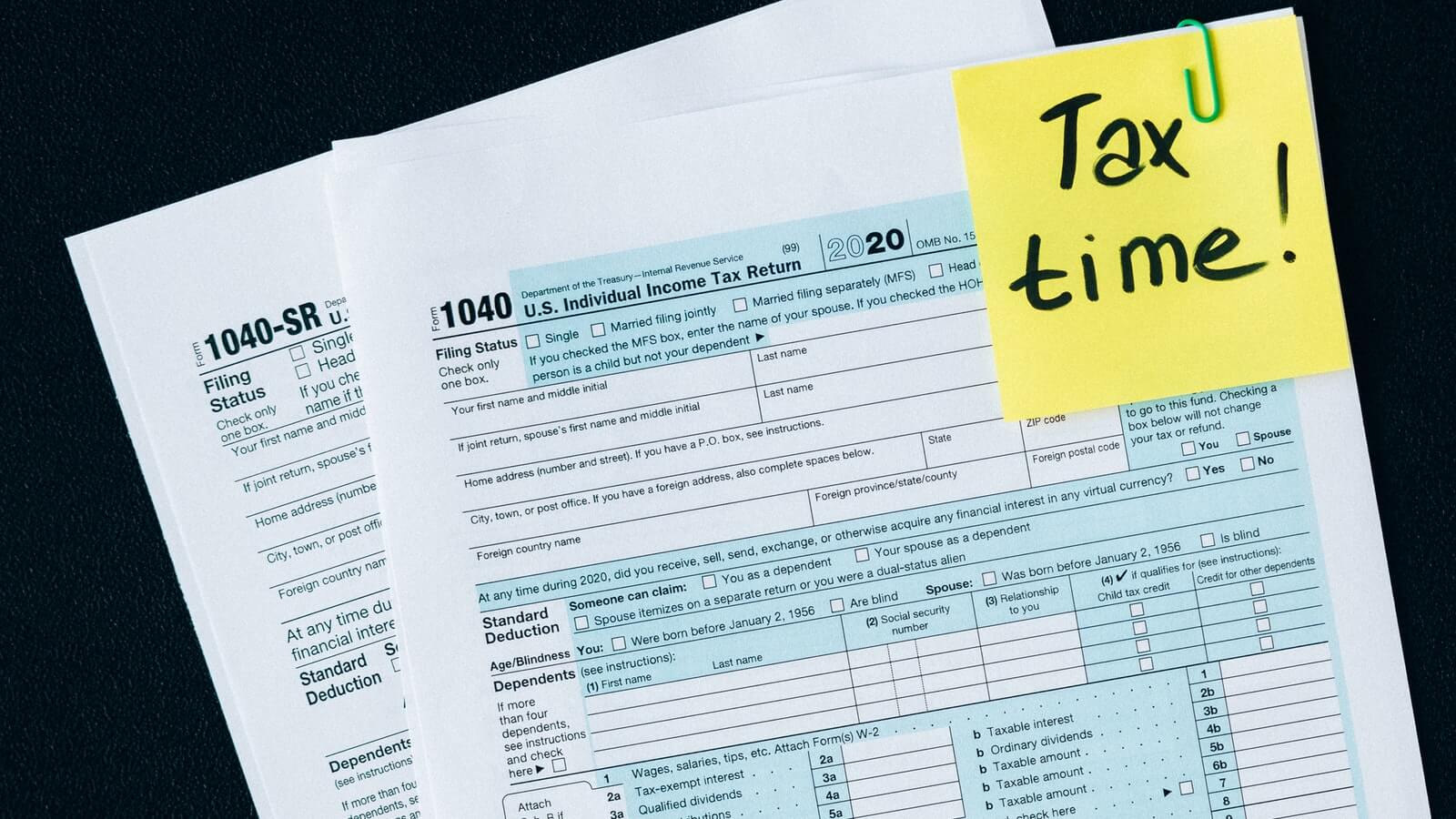The two most common taxes your business may have to collect in Florida are sales tax and use tax. Find out which one applies to you — if any.
In 2021, Florida collected more than $35 billion in sales tax. Since sales tax is a huge revenue stream for the state, the Florida Department of Revenue takes it seriously.
- Businesses that sell physical goods or products in Florida should assume they need to be collecting sales tax.
- Professional service providers generally don’t need to pay sales or use tax.
- Businesses that don’t pay sales tax on a product and use it for their business generally need to pay use tax on it.
If you’re not sure which type of tax applies to you, read on to learn how you can tell — or schedule a free call with a DiMercurio Advisors team member to get in touch with an expert.
Contents |
| What is sales and use tax? |
| Types of businesses exempt from sales and use tax |
| When do I have to pay sales tax? |
| When do I have to pay use tax? |
| When do I have to pay sales tax and use tax? |
What is sales and use tax?
Sales tax is a tax applied by Florida on sales of goods and some services. Use tax is another tax applied by Florida on taxable items you use — but might not sell. You only need to register once with the Florida Department of Revenue to collect and pay both taxes.
You’ve probably heard of sales tax as a consumer. Whenever you buy stuff, you have to pay a 6 percent sales tax on that item. That business owner then sends that (usually) 6 percent tax to the state of Florida.
However, you’ve probably never heard of use tax as a consumer. That’s because it’s not paid for by consumers — just business owners. Some business owners can buy things for their business without having to pay sales tax. So when they go to use that item —like supplies for their Etsy shop, for example — they then have to pay use tax.
Sales and use tax are applied in different instances, but you might hear them used interchangeably. That’s because they’re technically two parts of the same tax. They’re the same rate of 6 percent in Florida and have the same process of filing returns for and paying the state.
Types of businesses exempt from sales and use tax
You might be stressed because sales or use tax is just one more task you don’t want to deal with. However, there are some types of businesses in Florida that don’t have to deal with sales or use tax at all.
Professional services are a large group that’s excluded from sales tax. The Florida Department of Revenue lists attorneys, accountants, doctors, architects, daycare centers as just a few examples of businesses that don’t have to collect sales tax.
Even if you’re exempt from sales tax in Florida, you might owe sales or use tax in another state even if you’re exempt in Florida. Talk to your accountant to make sure you’re staying sales tax compliant.
When do I have to pay sales tax?
The biggest indicator that you need to pay sales tax is if you sell any sort of physical good or product.
If your business falls in any of these categories, then you probably need to be collecting and paying sales tax:
- Retail
- Restaurants
- Grocery stores
- Online sales (Note: All online sales in Florida are subject to sales tax, regardless of the product)
- Rental properties
Even if your business isn’t located in Florida, you might still be on the hook for paying Florida sales tax. You are made liable for sales tax if you have more than $100,000 of taxable sales in the state, regardless of where you’re located.
The type of your business isn’t the sole factor in determining whether you pay sales tax. It ultimately depends on the specific activities of your business.
Take a digital marketing agency, for example. Their services are either focused on giving clients advice or creating digital assets for them. Those aren’t physical goods — so those services aren’t subject to sales tax. But it’s also not uncommon for marketing agencies to sell merchandise for their company for branding purposes. Although their business is primarily based on non-taxable services, they would still owe sales tax on any merchandise they sell because those are physical goods.
When do I have to pay use tax?
The Florida Department of Revenue takes use tax just as seriously, if not more seriously, than sales tax. According to the department’s Business Owner’s Guide to Sales and Use Tax, unreported use tax is one of the most common causes of Department of Revenue audits.
To make sure you’re not audited for something as simple as not reporting use tax, you need to learn when it applies to you. Here are a few instances:
- When the item was taxable and you didn’t pay sales tax when you bought it
- When you bought an item tax-free with the intention to resell it, but use it for personal or business use instead
- When you bring something from out of state to Florida that’s taxable that you didn’t pay sales tax on and use it for your business
This is the case for many businesses that buy products with the Annual Resale Certificate for Sales Tax. You can buy a product free of sales tax, but only if you collect the tax and pay it at a later time.
When do I have to pay sales tax and use tax?
You won’t ever have to pay both sales and use tax on a single taxable item. However, you might be liable for both depending on how your business operates.
Take the example of the marketing agency that doesn’t have to collect sales tax for their consultation services, but has to collect sales tax on their merchandise. They also might give away merchandise with their logo on it at networking events they host or sponsor. Since they didn’t collect sales tax from the person receiving their items for free, they need to pay use tax on it since the product was used for business purposes.
So while their main services are exempt from sales tax, the agency ends up needing to pay both sales and use tax because of the way they do business.
You report sales tax and use tax on the same return: Form DR-15. Even though they go on the same return, you need to know how much you owe in both categories. If you don’t, the Florida Department of Revenue can still audit you for neglecting either sales tax or use tax — even if you’re on top of one or the other.
The bottom line
Running a business can feel like a never-ending cycle of taxes and fees. But it’s important to stay on top of which ones apply to you so you can spend more time focusing on the parts of your business you actually love.
Sales and use tax is one of those complicated taxes for small business owners — because one, both or neither might apply to you. The rule of thumb in Florida is if you’re selling any physical product, you owe sales tax. If you buy products without sales tax and use them for your business without directly selling them, then you owe use tax. If you’re a professional service, you generally don’t need to worry about sales or use tax at all.
Florida — and many other states — take sales and use tax reporting very seriously. The penalties for missing payments or not filing DR-15 can be steep — and you can be audited. Schedule a free call with a DiMercurio Advisors team member to make sure you’re compliant with sales tax so you can avoid extra stress — and costs.








